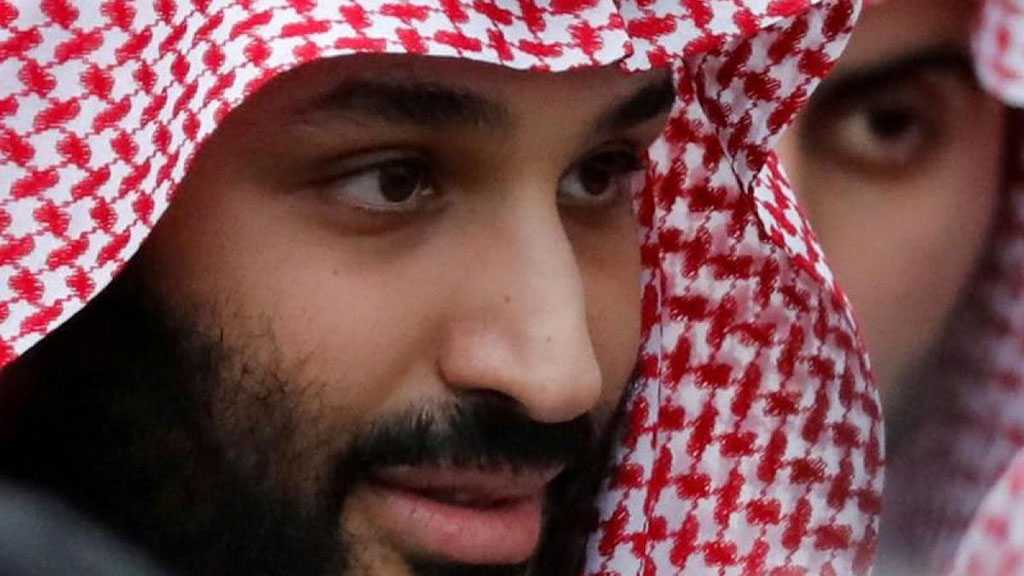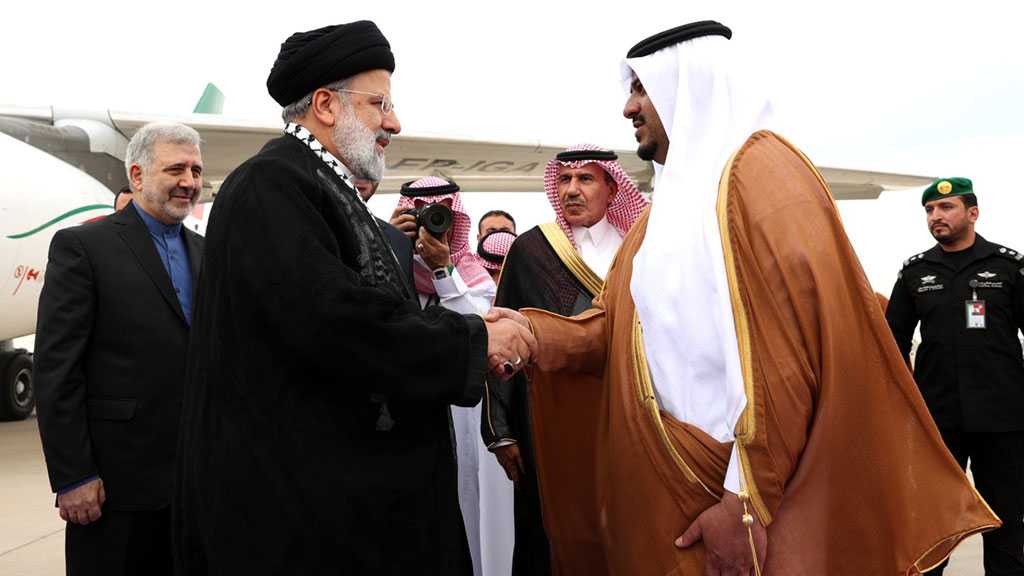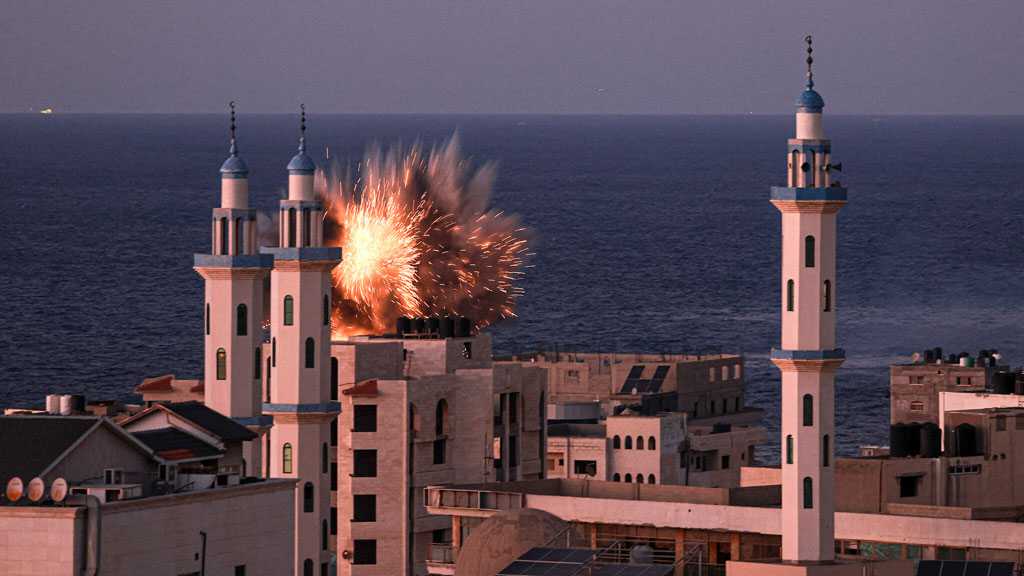Sources: Saudi Arabia Considering Some Form of Yemen Ceasefire

By Staff, Agencies
Saudi Arabia is considering a proposal by Yemen’s Ansarullah movement for some form of ceasefire which, if agreed, could bolster UN efforts to end a devastating war tarnishing Riyadh’s reputation.
The Ansarullah revolutionaries offered two weeks ago to stop aiming missile and drone operations at Saudi Arabia if the western-backed coalition led by Riyadh does the same, as a step to what an Ansarullah leader called a “comprehensive national reconciliation”.
There was no immediate Saudi acceptance or rejection of the Ansarullah offer. But Riyadh this week welcomed the move, and three diplomatic and two other sources familiar with the matter told Reuters the kingdom is seriously considering some form of ceasefire to try to de-escalate the conflict.
Yemen’s 4-1/2-year-old war, which the United Nations has described as the world’s worst humanitarian disaster, has pushed what was already one of the poorest Arab states to the brink of famine.
Saudi’s Western allies, including those that provide arms and intelligence to the coalition, have been pressing for an end to the war, which has killed tens of thousands.
Two of the sources said Saudi air strikes on Ansarullah territory had decreased significantly, and that there were reasons to be optimistic about some sort of deal emerging soon.
Saudi Arabia’s vice minister of defense, Prince Khalid bin Salman, said on Thursday on Twitter the kingdom viewed the Ansarullah truce offer “positively”, echoing comments earlier this week by Saudi Crown Prince and de-facto ruler Mohammad bin Salman, also known as MBS.
The Ansarullah proposal was a “positive step to push for more serious and active political dialogue ... Today we open all initiatives for a political solution in Yemen. We hope this happens today rather than tomorrow,” MBS said in a CBS television interview.
In July the United Arab Emirates – a leading partner in the Saudi-led coalition and the main ground fighting force – announced a drawdown of its presence in Yemen, signaling a pull-back from the anti-Ansarullah fight.
At that time diplomatic and military efforts to end the war were going nowhere and growing US-Iran tensions were threatening the UAE’s security closer to home.
Riyadh vowed to continue to confront the Ansarullah but, two months later and having lost their main ground partner, Riyadh appears now to be more open to options other than fighting.
A regional official familiar with the matter said the Saudis are considering the Ansarullah offer, which western diplomats are using to convince Riyadh to change tack.
“They seem very open to it,” the source said.
A senior military source in Yemen on the Ansarullah side said that Saudi had “opened communication” with the head of the Ansarullah political office, Mahdi al-Mashat, via a third party, but no deal had been reached.
This offer involved a partial ceasefire in certain areas, the source said. Two diplomatic sources and the source familiar with the matter also said a partial ceasefire was on the table.
But Ansarullah officials have said a partial deal is unacceptable. “What is required is a complete cessation of air strikes in all of Yemen and an end to the siege on the Yemeni people,” the Ansarullah information minister said.
“MbS wants to get out of Yemen so we have to find a way for him to get out while saving face,” a European diplomat said.
Another diplomat said Saudi Arabia agreeing to halt air strikes would effectively mean the war ends, as Saudi Arabia does not have extensive ground capabilities.
There are also signs the international community is coming together to encourage Riyadh to engage with the Ansarullah.
Eight countries, including the five permanent members of the UN Security Council – Britain, France, the United States, China and Russia – met on the sidelines of the UN General Assembly last week in New York and said the Ansarullah offer was “an important first step towards de-escalation which will need to be followed with positive action on the ground by the Houthis as well as restraint by the coalition”.
The Ansarullah have threatened that if their peace initiatives are not heeded, more cross-border operations might follow.
“For the sake of peace, we postponed many strategic strikes that are no less than Aramco’s size and impact,” al-Mashat said, referring to a strike last month on Saudi oil infrastructure claimed by the Houthis, although Washington and Riyadh said Iran was responsible and the attacks did not come from Yemen.




